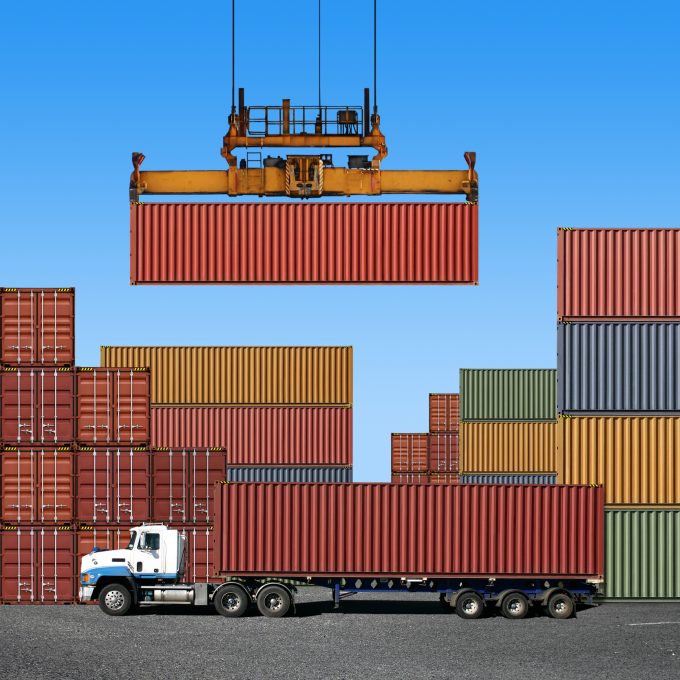India to detain second MSC ship as probe into MSC Elsa 3 sinking continues
Indian authorities have upped the legal pushback against the recent ship fire casualties involving MSC ...

Door-to-door cargo marketplace FreightCrate Technologies is the latest Indian start-up offering price transparency and booking automation to logistics.
The platform connects shippers with 25 “vetted” forwarders for quotes and centralised shipment management covering 50,000 global locations.
“Our vision is to utilise cutting-edge technology to create a freight management ...

Comment on this article